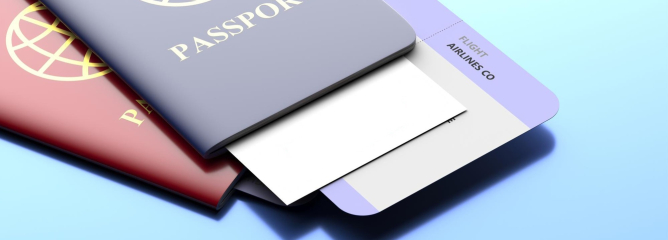
The Democratic Republic of the Congo, also known as Congo-Kinshasa or simply Congo, is the largest country in Sub-Saharan Africa and one of the largest countries in the world by area. Located in central and southern Africa, it has rich nature and varied climate zones. The country is bordered by the Atlantic Ocean to the west and borders nine countries, including the Republic of the Congo (Congo-Brazzaville).
The city of Kinshasa is the capital and largest city of the country. The form of government is a presidential-parliamentary republic. The head of state is the president.
Climate. In general, the DRC has a tropical climate, with high temperatures and high humidity. But it depends on the geographical location of different regions of the country. Most of the country is located near the equator, which determines the equatorial climate with high humidity and almost constant temperatures. Some southern regions have a savanna climate, with characteristic seasonal variations in precipitation. The dry season is drier and the wet season is rainier. The eastern and northeastern parts of the country, including the Rwenzori volcanic region and the Rwenzori Mountains, have a more temperate and cooler climate, with lower temperatures and seasonal variations in rainfall. The coastal areas of the Atlantic Ocean and the Congo Basin have a climate with high humidity and high temperatures.
Number. In 2023 the population was 111,859,928.
Language. Four languages are officially recognized. French, Lingala, Kikuyu, Swahili. These languages are official and are used in various areas of society.
The DRC is a country with many ethnic groups and diverse languages. In addition to the official languages, there are many local languages and dialects spoken in different regions of the country.
The DRC is a republic with a multi-party system. The country has experienced periods of political unrest and conflict. In recent years, the country has been undergoing a process of political reform and strengthening its institutions.
The economy of the Democratic Republic of the Congo (DRC) is based on the extraction of natural resources. This country has rich natural resources, which have a significant impact on its economy.
The country has extensive mineral reserves including copper, cobalt, diamonds, gold, tin and other valuable metals. The extraction and export of these resources are among the most important sectors of the country's economy. However, the industry also faces challenges such as corruption and illegal mining.
The DRC also produces oil and natural gas, which generates significant income. The main oil fields are located in the Bas-Congo province. Agriculture plays an important role by providing jobs and food for the population. However, agriculture in the country faces challenges such as insufficient mechanization and low productivity. The forestry industry includes timber extraction and export. The DRC has extensive forests, and forest products are also an important component of the economy.
Despite the country's wealth, the DRC economy faces corruption, poor infrastructure, lack of access to education and health care, and social problems. Political instability and conflicts also affect the economic development of a country. The Democratic Republic of the Congo (DRC) has faced serious problems of social inequality and poverty for many years.
The country is one of the poorest countries in the world. The majority of the population lives in extreme poverty, lacking access to clean water, adequate nutrition, education and health care. High levels of poverty are one of the main causes of social inequality. Access to education is limited in the country, especially in poor and remote regions. Many children are unable to attend school due to poverty and lack of infrastructure. The country's medical infrastructure leaves much to be desired, and access to quality medical care is limited. This leads to high mortality rates, especially among children and women.
Many people work in agriculture or unskilled labor occupations and receive low wages. Workers may face exploitation and poor working conditions.
For years, internal conflicts and armed insurgents have created instability and forced people to flee their homes. As a result, internal population displacement occurred and many families found themselves on the brink of survival.
Social inequality and poverty are serious problems for the Democratic Republic of the Congo. Many factors such as corruption, instability, lack of infrastructure and education, and internal conflicts exacerbate these problems. International organizations and government bodies are working to address these problems and improve living conditions in the country, but much remains to be done to bring about significant change.
